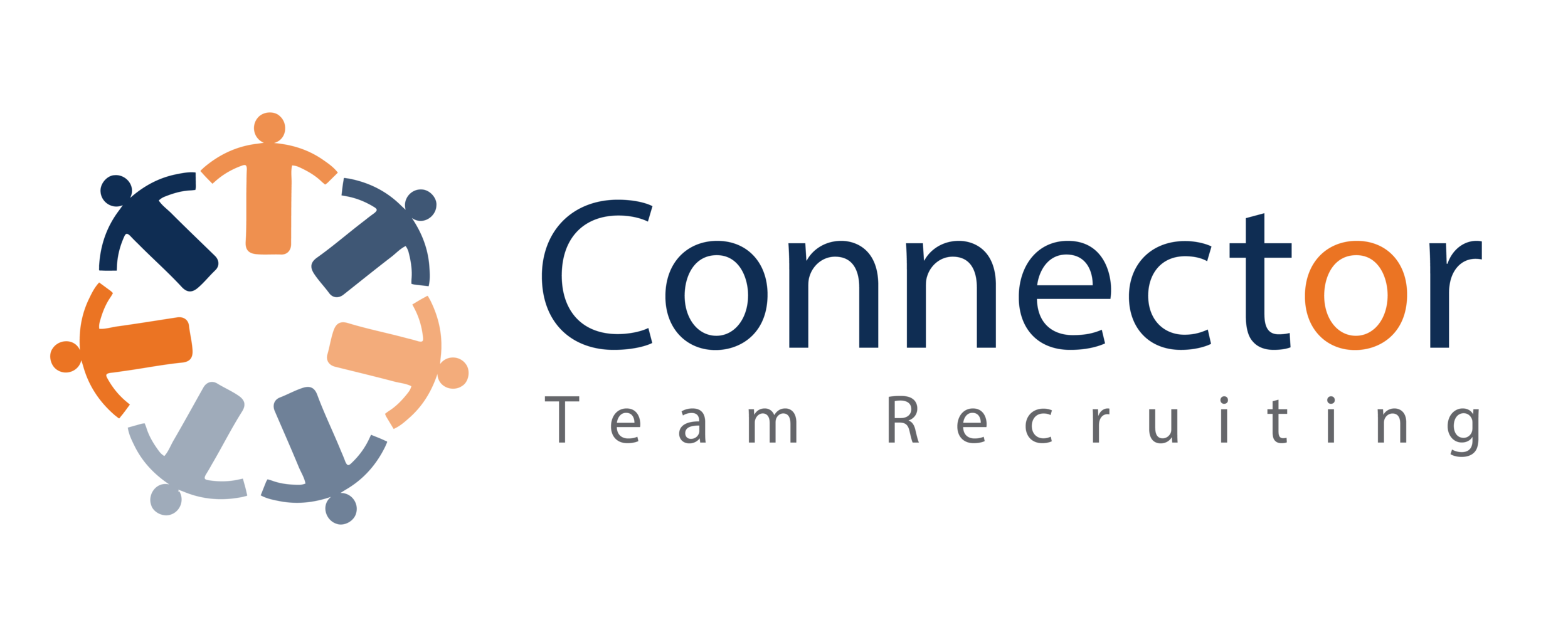Direct from a Managing Partner’s desk…here is some insight and tips on hiring an Executive Search and Recruitment Firm. We hope you enjoy this month’s blog article. Our goal to provide real world insight on selecting a search firm in today’s talent driven marketplace.
When speaking to a Recruiting professional these are just a few ideas and tips including questions to ask before making a choice.
Does the search firm demonstrate the working knowledge in your industry? How long have they been practicing and are they subject matters in your industry?
In other word, a Health Care Recruiter is very different from an Aerospace Recruitment firm. For example; a Health Care specialist is going to have very little knowledge base of the demographics and the current trends in those industries that are outside of their comfort zone.
Does the search firm know and understand the competitive forces in your industry and the headwinds that you face? Did they ask specific relevant questions on the must haves for the role.
Has the firm completed searches at the level you are seeking, for example; Director of Sales – Business Development or Chief Financial Officer are two divergent roles to fill.
Do they have the network of contacts – the key here is to understand the average time to complete a search, often referred to as “average time to fill.” We look at the time to fill formula as the date the search assignment began to the start date.
Who is going to complete the search? Is a competent Senior Account Executive overseeing the search or is most of the work being done by a support person?
Ask about the cadence of the search and the “all important” progress reports? How long will it be before you can expect be begin interviewing the first candidates?
Did the search firm complete a detailed needs analysis to gain the knowledge of your organization so that it can gain market intelligence on your company, its business units, products and services, corporate strategies and outlook.
Tip: Keep this in mind, the search firm you engage will act as your ambassador for your company and they will be the first point of contact as an arm of your company. You’ll want the person conducting the search to be both likeable and possess the ability to engage, communicate and assess talent in your industry.
Contingency or Retained Search Firm – ok, here is the difference from my chair. A contingency firm is generally a higher volume firm and involves the Account Executives having a larger number of clients and assignments. We hear it all the time from within the Recruiting world that it’s a numbers game and typically these firms will lead with their latest and greatest top talent candidate. Their sales pitch includes references to statements like, “you don’t have to send me a retainer, if you don’t like my candidates… you don’t have to hire them.” A retained search firm on the other hand is going to want some “skin in the game” from both parties. This typically entails a deposit up front, another progress payment at the submission stage and final payment on completion. By their very definition you are hiring a specialist with a retained search firm and they typically work on projects and assignments and they can dedicate resources accordingly. You must weigh the pros and cons of a retained search firm including comparing their performance with contingency firm results.
What is the search firm’s retention rate also known as the stick rate during the first twelve months following placement? We believe the stick rate should be 90% or higher. It is our belief that nobody’s perfect. Recruiting is a people business and things can happen outside of the company, executive and recruiter’s control.
Is the firm a Relocation Expert? In today’s tight labor market, a firm may have to source executives that require relocation. In today’s economy, a firm that is not comfortable handling relocation can really cost you landing an A-level top talent.
What is their policy on travel and expense reimbursement for candidates. A full-service firm is also a Relocation Expert assist you and will also act as a true concierge arrange all interviews including expense reimbursement to the candidates. They will pass through the final candidate travel expenses to the company at the completion of the assignment. There should not be administrative costs to helping with travel and there should not be delays in getting candidate’s reimbursement for their travel.
Has the firm completed a compensation analysis prior to presenting your offer to the candidate? In other words, do they know that the candidate will accept your offer or are they just hoping for the best. A wise man once said; “we don’t believe in hope, we believe in executing and knowing the details.”
What is the typical guarantee; on average we are generally seeing 90 days, however, guarantees are all about risk management. The higher the search fee the higher level of guarantee. Ask the firm about their policy and what are the details. Most firms will produce additional candidates in the event of a performance issue or a voluntary resignation within the guarantee period. It is extremely rare to see refund policies in any search firm agreement and for that matter in any professional services agreement in general.
Search Fees – Let’s talk about the all-important fee basis for executive search firms.
We find today that the average fee in the US is approximately 21% of the base salary and it can be as low as 15% for some contingency firms. We have also seen some Retained search fees going as high as 35% for search assignments at the C-Level.
Just like hiring any professional, when you hire an executive recruiter the key is to focus on the result. At the end of the day your goal is for the search firm to find you a High Performing A-Player. If the firm does not perform then they have Mis-Fired and produced a Mis-Hire. The cost of Mis-hire will have a huge negative impact on your bottom line.
The cost of a great hire is sometimes hard to quantify but it can really impact not only your sales but also your bottom line. That same great hire produces what I call a golden affect inspiring and influencing the people and improving their morale.
Finding and sourcing servant leaders is an art form. We believe that when you interview a recruiting firm and ask the right questions, you should hear a high level of confidence and engagement from that search professional. This intuitively will tell you whether they have the right stuff to help you with your search assignment.
So, there you have it, a guideline to help you hire the right search firm.
Blog Post by: Bill O’Malley, Chief Recruiting Officer at Connector Team Recruiting. Connector Team is recognized by leaders and leading consultants as the premier search firm in the Furniture | Appliance and Sleep vertical space. Connector Team is an affiliate office of MRINETWORK recently ranked in the Top 10 in Recruitment Firms by Forbes Magazine.























